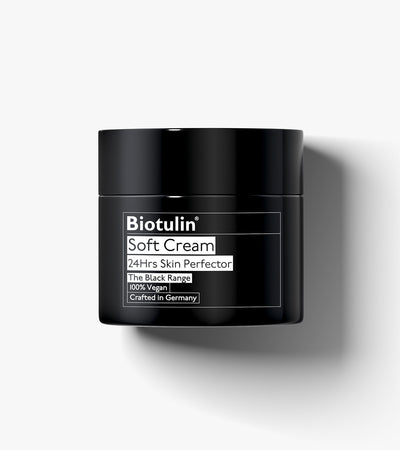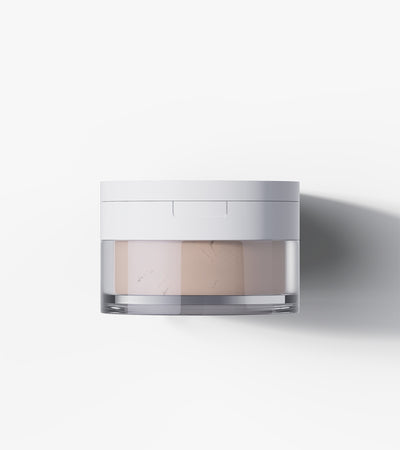Overview/Definition
Coumarin is a naturally occurring compound found in various plants, including tonka beans, cinnamon, vanilla grass, and sweet clover. It is known for its sweet, nutty, vanilla-like scent, which makes it a popular ingredient in perfumes and fragrances. Coumarin is primarily used in cosmetics and personal care products as a fragrance ingredient, enhancing the scent of products such as aftershave lotions, bath products, moisturizers, and skin care formulations.
Coumarin is a crystalline white solid that, when highly diluted, has a scent reminiscent of freshly mown hay. It has been an important ingredient in perfumes since 1882 and is widely used in the formulation of various cosmetic products. Despite its pleasant aroma, Coumarin has been evaluated for its safety, particularly concerning its potential as a fragrance allergen and its effects when used in high concentrations.
The safety of Coumarin has been assessed by various regulatory bodies, including the International Fragrance Association (IFRA) and the European Commission’s Scientific Committee on Consumer Products (SCCP). These evaluations have led to restrictions on its use in fragrances due to potential sensitization and other health concerns. Coumarin is also included on the list of “allergenic” substances in Europe, requiring its presence to be indicated in the list of ingredients when its concentration exceeds certain levels.
Function in Skincare
Coumarin serves several key functions in skincare:
- Fragrance Enhancement: It enhances the scent of cosmetic products, making them more appealing to consumers.
- Sensory Experience: It contributes to the overall sensory experience of using skincare products, providing a pleasant aroma.
Skin Type Suitability
Coumarin is suitable for a wide range of skin types, including:
- Normal Skin: It can help maintain the skin's natural balance and enhance its overall appearance.
- Dry Skin: Its use in moisturizers can be particularly beneficial for dry skin, helping to improve its texture and hydration.
- Oily Skin: It can help regulate sebum production and reduce the appearance of blemishes, making it suitable for oily and acne-prone skin.
- Sensitive Skin: While generally well-tolerated, individuals with sensitive skin should use Coumarin with caution, as it may cause irritation in some cases.
Benefits
Coumarin offers several benefits for the skin:
- Fragrance Enhancement: It enhances the scent of skincare products, making them more enjoyable to use.
- Sensory Experience: It contributes to the overall sensory experience of using skincare products, providing a pleasant aroma.
Potential Side Effects or Risks
While Coumarin is generally considered safe for use in skincare products, there are some potential side effects and risks to be aware of:
- Skin Irritation: It can cause skin irritation, especially in individuals with sensitive skin or when used in high concentrations.
- Allergic Reactions: Some individuals may experience allergic reactions to Coumarin, resulting in redness, itching, or swelling.
- Liver Damage: High concentrations of Coumarin have been associated with potential liver damage, making it important to use products containing Coumarin within safe limits.
Usage in Skincare Products
Coumarin is used in a wide range of skincare products, including:
- Perfumes and Colognes
- Aftershave Lotions
- Bath Products
- Moisturizers
- Skin Care Products
How it’s used
Coumarin can be incorporated into a skincare routine in various ways, depending on the specific product and its intended use. It is often found in perfumes, aftershave lotions, and moisturizers, where it enhances the fragrance and improves the skin's condition. It can also be used in bath products to provide a pleasant scent and skin conditioning benefits.
Scientific Studies/Research
Several scientific studies have evaluated the safety and efficacy of Coumarin in skincare products. The Cosmetic Ingredient Review (CIR) Expert Panel has concluded that Coumarin is safe as a cosmetic ingredient in the present practices of use. Additionally, the International Fragrance Association (IFRA) provides guidelines for its safe use in fragrances to minimize the risk of sensitization.
Other Names/Synonyms
Coumarin is also known by the following names:
- 2H-1-Benzopyran-2-one
- 2H1Benzopyran2one
- Tonka Bean Camphor
Sustainability/Environmental Impact
Coumarin is a naturally occurring compound found in various plants, making it a renewable and sustainable ingredient. It is primarily obtained through the extraction and processing of plant materials, which can have environmental impacts. Consumers may wish to choose products that use sustainably sourced Coumarin to minimize these impacts.
Fun Facts
- Coumarin was first synthesized in the lab in 1868 by the English scientist William Henry Perkin.
- It is used as a precursor to many commercial and potential fragrances, such as coumarin acetate and coumarin oxyacetaldehyde.



